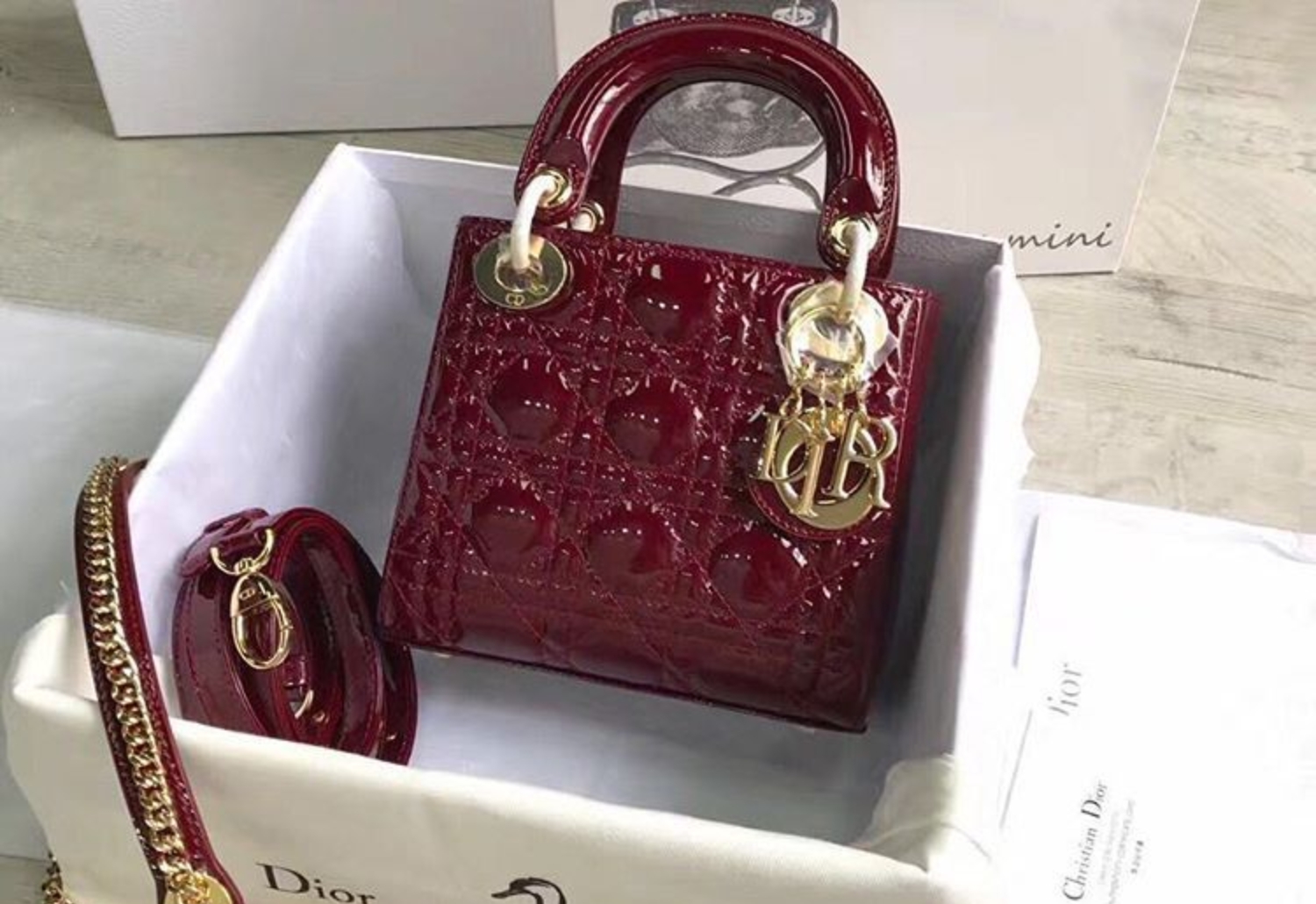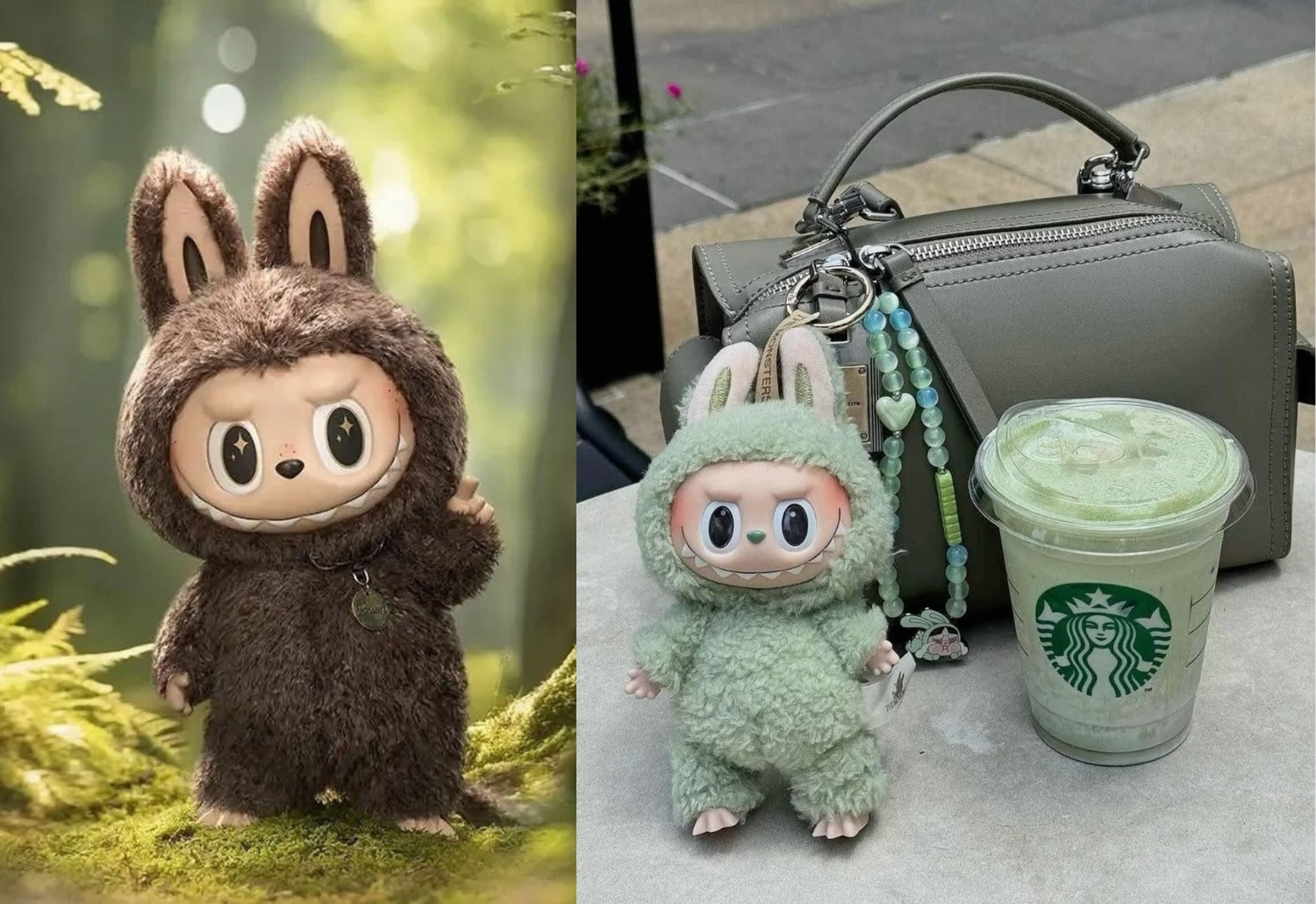The Labubu—Not Just a Toy
If you’re thinking Gen Z is just spending wildly on quirky collectibles and flashy sneakers, you’re only seeing half the picture. Sure, you’ll find them lining up for rare Labubu figurines or bidding on vintage Dior bags, but there’s a strategy behind the aesthetic. Gen Z is changing what it means to invest in a time when the economy is unstable, inflation is rising, and the global economy is hard to predict. They are doing this with a mix of nostalgia, personality, and common sense.
The Growth of the “Alt Asset” Generation
In the past, people put their money into stocks, real estate, or gold. Now, Gen Z is putting their money into things like sneakers, designer handbags, and even collectible toys. Some people might think it’s silly, but it’s really a change in how you think: these aren’t just things you buy; they’re assets. On sites like StockX, you can buy and sell sneakers and streetwear for thousands of dollars. With the resale market booming, especially for things that are in high demand, a lot of Gen Zers are turning these investments into cash.
Labubu: Not Just a Toy
One of the more surprising trends? Labubu numbers. These cute but naughty collectibles by Kasing Lung have become very popular and valuable. You’re not just buying a toy, you’re getting something that will go up in value. Rare editions are selling for a lot of money on resale sites, and their limited availability makes them even more appealing as investments. This is a clear sign that this generation doesn’t need Wall Street to get rich.
Sneaker Culture as a Financial Move
Sneakers aren’t just about fashion anymore—they’re part of personal finance for Gen Z. A rare Nike or Yeezy drop can resell for multiples of its retail price. Thanks to platforms that verify authenticity and track demand in real-time, sneakerheads now operate with the same strategy and precision as traditional investors.
This new wave of collecting comes with a surprising level of discipline. You’ll often:
- Follow release calendars obsessively
- Monitor pricing trends and resale margins
- Use online marketplaces to flip items for profit
- Research upcoming collaborations like stock analysts track IPOs
- It’s resale market meets portfolio management—with a cultural twist.

Dior and the Luxury Loop
Vintage Dior and the Luxury Loop
And then there’s vintage luxury. Gen Z is bringing old-school Dior, Chanel, and Louis Vuitton back into focus. Not only do these pieces carry status, but they also hold (or even gain) value over time. With luxury fashion being less volatile than the stock market in recent years, and with the fast fashion impact drawing more criticism, investing in timeless fashion makes both ethical and economic sense.
Even better? These purchases often get sourced through consignment stores and curated resale platforms—driving a wave of sustainable investing that aligns with Gen Z’s values of environmental responsibility.
A Financial Strategy Rooted in Culture
You might want to write it off as just a fad, but this generation is combining business with cultural power. Gen Z is making money from things they love, like running resale shops on Instagram and opening stores on TikTok. In doing so, they are also dealing with bigger problems like rising interest rates, managing their household budgets, and finding new ways to make ends meet during the cost of living crunch.
More Gen Zers are making money through digital platforms, self-built brands, and resale profits than just regular jobs. It’s hustle culture, but smarter—and built around autonomy.
When Passion Meets Profit
What makes this generation’s spending habits different is the overlap between passion and profit. The things you’re collecting? They reflect your personality. The way you’re spending? It doubles as income generation. And all of it is happening in a financial landscape shaped by Federal Reserve rate decisions, volatile cryptocurrency markets, and constant shifts in the S&P 500 forecast.
Where older generations played it safe, Gen Z is rewriting the playbook—investing in what feels authentic and personal, while still keeping an eye on the return.
What It Means for the Future
Whether it’s the influence of TikTok trends, nostalgia for early 2000s aesthetics, or a sharp pivot away from traditional finance, one thing is clear: Gen Z isn’t just consuming—they’re investing, flipping, and scaling.
And as they continue to influence everything from retail economics to cryptocurrency regulations in the US/UK, it’s time to stop dismissing their spending as impulsive. It’s strategic. It’s emotional. And most importantly, it’s working.
Buying with Intent
If you’re part of this generation or simply watching from the sidelines, one takeaway stands out: every purchase tells a story. And for Gen Z, that story includes culture, identity, and financial foresight. Whether you’re reselling rare kicks, buying up discontinued handbags, or flipping a toy figurine, you’re engaging in a new kind of personal finance—one where meaning and money walk hand in hand.

